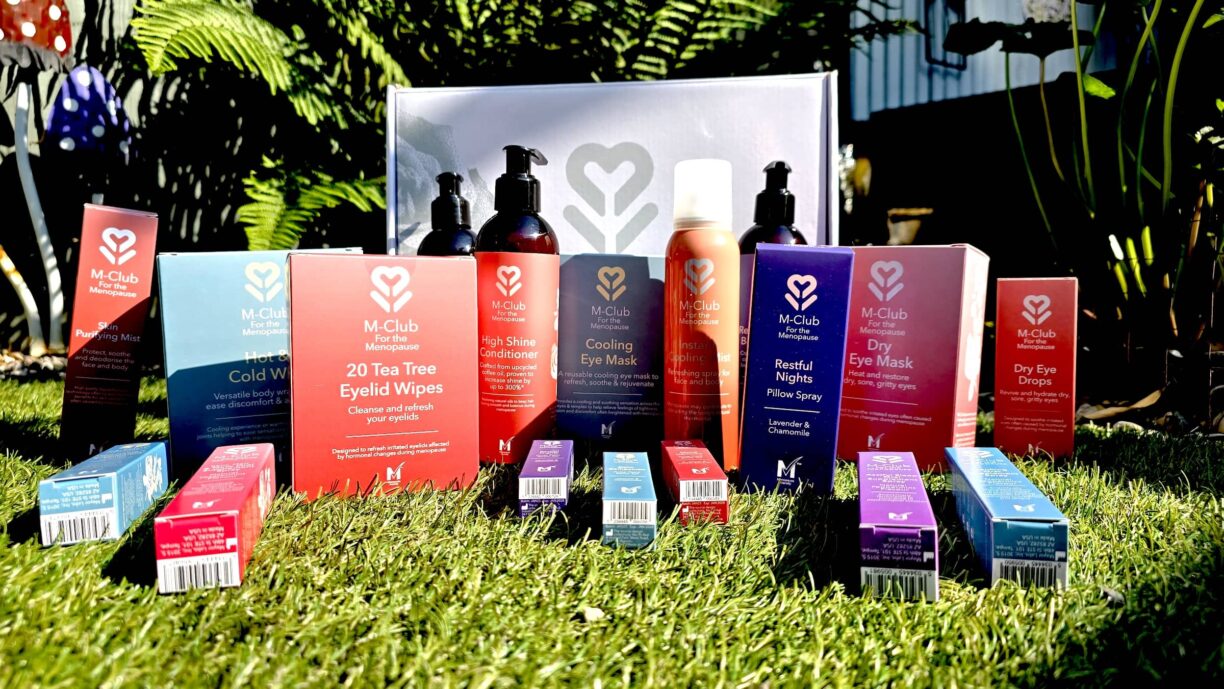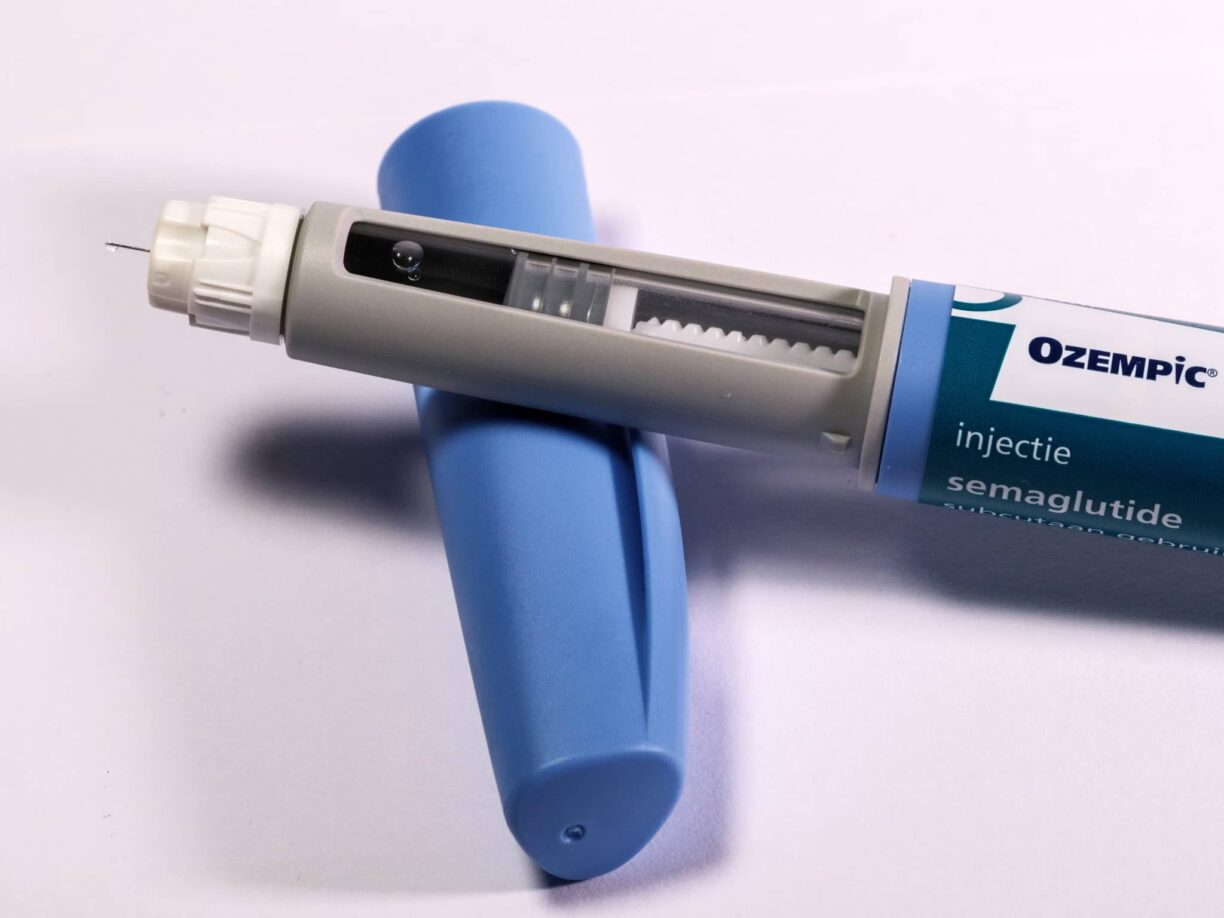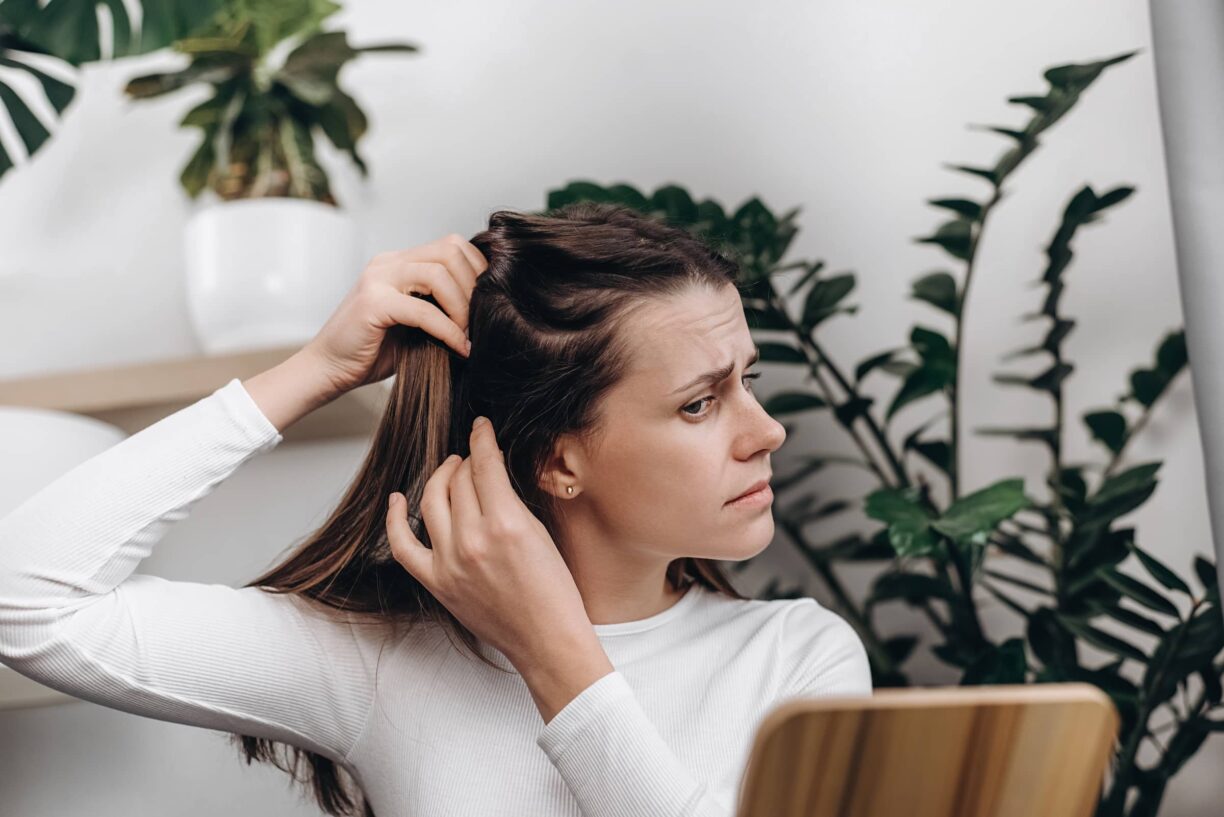When it comes to managing eczema, it’s all about keeping things simple and sticking to a routine that works for you.
With around 15 million people in the UK dealing with eczema, it’s no surprise that GP Dr Roger Henderson has shared six straightforward skincare tips to help minimize flare-ups. Let’s dive into these practical, no-nonsense tips.
1. Avoid Extreme Temperatures
Eczema and heat don’t get along. Sweat may help cool you down, but it can also stir up trouble for your skin.
The chemicals in sweat can trigger irritation, making it essential to keep your body temperature regulated.
How? Start by keeping showers short and cool—no need for a steamy soak. If you find yourself sweaty, rinse off quickly and change into dry clothes.
Pay extra attention to areas prone to eczema, like the inside of your elbows, behind your neck, and the backs of your knees.
For a better night’s sleep, swap heavy blankets for light cotton sheets and lower the thermostat.
2. Stay Hydrated
Staying hydrated isn’t just for your insides—it’s crucial for your skin too. Keep water on hand and remember, sensible alcohol consumption is key.
Want a tip? Carry a cooler with a cold water bottle, not just to keep you refreshed but also to help regulate your body temperature.
3. Moisturise, Moisturise, and Moisturise Some More!
When it comes to managing eczema, moisturising isn’t a luxury—it’s a necessity. Use an emollient, like Diomed Dry Skin, regularly and generously, even when your skin feels okay.
Apply it right after a shower or bath to lock in moisture. And here’s a game-changer—pat, don’t rub, your skin dry. Rubbing can irritate your already sensitive skin.
Dry Skin Emollient is a handy over-the-counter treatment, blending the effectiveness of an ointment with the light feel of a cream.
Its gel formula absorbs fast and works to soften, hydrate, and protect your skin by restoring its natural moisture barrier.
4. Avoid Common Skin Irritants
Sometimes eczema flare-ups seem to come out of nowhere, but certain triggers, like soaps, shampoos, and even laundry products, can make things worse.
Many of these contain anionic detergents and surfactants—the stuff that makes them nice and foamy. Your best bet? Go for products that are anionic-free, especially those that are SLS-free, and look for labels that confirm this.
When travelling or staying away from home, pack your own towels and bedding. You never know what detergent a hotel might use, and it’s better to be safe than itchy!
5. Don’t Sweat the Small Stuff!
Stress and eczema are often partners in crime. Stress triggers the body’s immune response, which can lead to inflammation in the skin.
To avoid this vicious cycle, find ways to manage stress. Whether it’s through yoga, meditation, or even a creative outlet like painting or writing, lowering stress can do wonders for your skin.
Sharing your worries with friends or family can help too—sometimes just talking things through is enough to lower your stress levels.
6. Get Physical
Exercise does more than keep your body in shape—it can help manage eczema too. Exercise lowers stress, boosts your immune system, and keeps your heart, muscles, and bones strong.
That said, if you’re in the middle of an eczema flare-up, it’s important to modify your workout.
Go for low-impact activities, wear loose-fitting clothes, and make sure to towel off frequently to avoid excess sweat irritating your skin.





